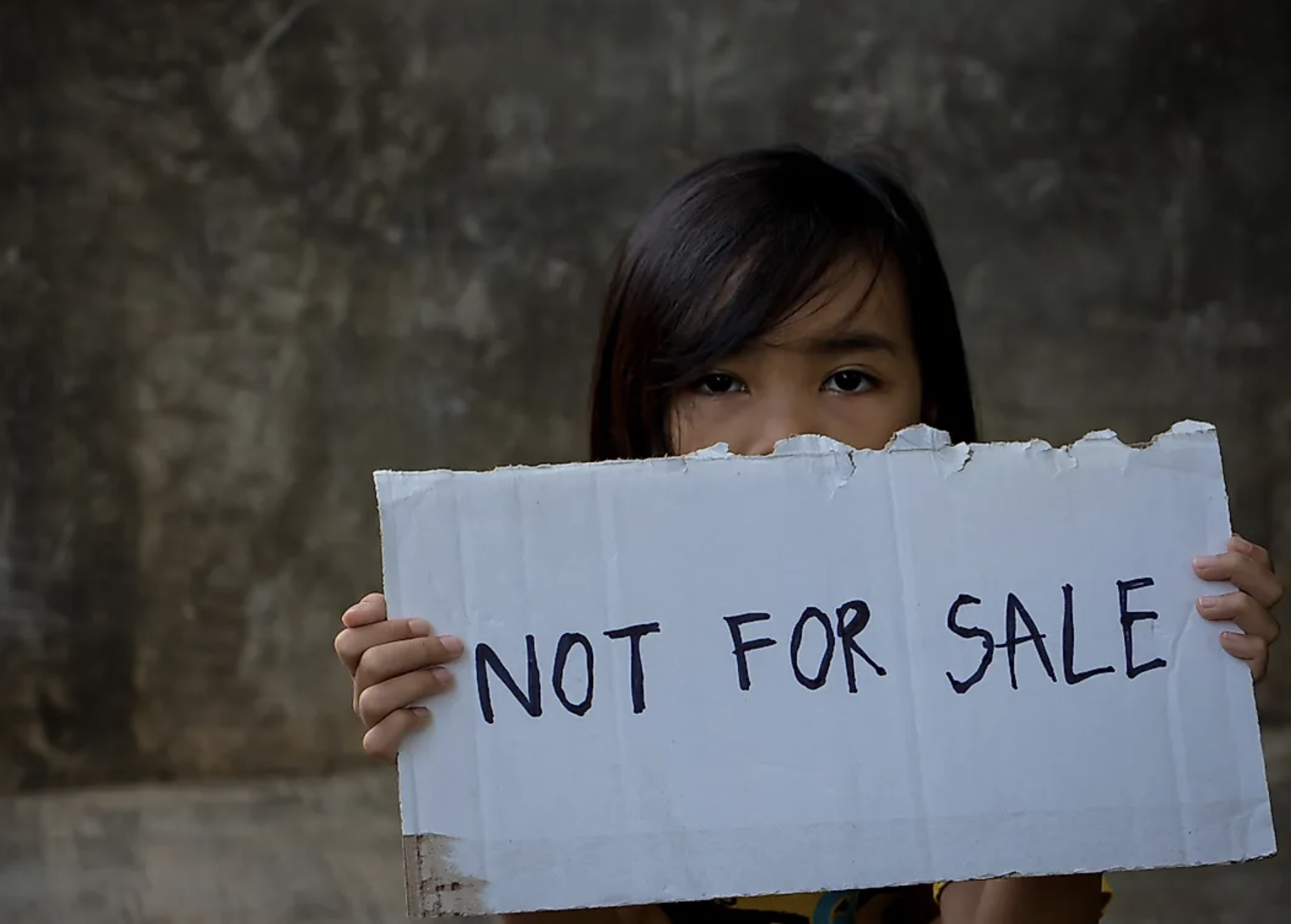The Conservative Voice in Climate Change Policy: Saving the Family from Human Trafficking (2/2)
by Catalina Margarita Udani, ACWPS Fellow
Setting aside disagreements about the causes of climate change, conservatives can be a powerful voice in policy debates about its effects on the family.
Foreign policy solutions for supply chains and human trafficking
Conservatives are increasingly seeing climate change as a nonpartisan issue: regardless of its causes, Republican and Democrat voters are coming to see climate change as pressing problem, though there remains contestation on how policymakers should address it. Nearly half of all young Republicans aged 18-29 believe that the federal government is doing too little to address climate change, according to a 2022 Pew Research Center Poll. From the Conservative Climate Caucus to the Conservative Climate Leadership Conference, conservative concern over climate change is certainly growing. However, many Republicans in office remain concerned about the economic costs of renewable energy.
Instead of focusing on the domestic costs of climate-oriented policy, conservatives should recognize how the effects of climate change in the developing world point to foreign policy solutions, especially those affecting America’s security partners—providing productive alternatives for millions pressed into forced labor while improving international economic partnerships. Policymakers face supply chain disruptions in both agriculture and manufacturing, particularly in light of increasing geopolitical competition. Building sustainable supply chains would require immense infrastructural capacity that many agriculture-dependent developing countries do not have. As global powers decide whether to nearshore to prevent further supply chain disruptions, they must consider migration and labor repercussions, and engineer policy that prevents displacement, protects vulnerable children and youth, and incentivizes development and infrastructure in key strategic partners.
Across the developing world, huge populations who would have been employed by the agricultural sector seek industrial jobs, which their countries do not yet have the capacity to provide. Not only are these displaced populations vulnerable, but they are also strategically valuable to a competitive global economy if their needs are met. Bangladesh and neighboring India are crucial actors to US Indo-Pacific Strategy, and may be key economic partners for the U.S. in U.S.-China trade competition. The agricultural sector still employs the largest share of employed youth in South Asia and 77 percent of employed youth in South Asia are only employed in insecure work, according to a 2024International Labour Organization report, many turning to illicit labor after seeking manufacturing jobs that the state’s infrastructure is failing to fulfill. Investment in development in Bangladesh and India may decrease poverty and prevent labor displaced-youths from abusive employment while also providing key Indo-Pacific economic partnerships.
What both policymakers and voters must understand is that climate change has incalculable human costs. In that light, it is more understandable that the U.S. State Department’s 2022 Trafficking in Persons report highlighted climate change as a threat multiplier for human trafficking. It argued that as communities are physically and economically displaced, they bear more risk for exploitation. Solid research showing the climate change-human trafficking nexus is increasing. Republicans have led the charge to make human trafficking a salient human rights issue; the 2020 U.S. National Action Plan to Combat Human Trafficking was released under a Republican administration.
Dhaka and the trafficking survivors I met there may seem like they are a world away, but conservatives understand that unstable societies in places like Bangladesh can threaten American security at home. They know that strong families and freedom are the bedrock of peaceful societies. Finally, principled conservatives and faith-based organizations for generations have generously funded alleviation of poverty, human slavery, child marriage, and forced prostitution around the world. We now know these are made worse by climate change in the world’s poorest agricultural economies. These same conservatives should therefore engage American climate policy, and make sure the welfare of families is front and center.
Catalina “Mica” Udani is a Fellow at American Council on Women Peace and Security, a Washington, D.C.-based think tank focused on empowering and protecting women, their families, and communities. She is a Ph.D. candidate at the University of Pennsylvania...
Image Copyright © WorldAtlas.com

